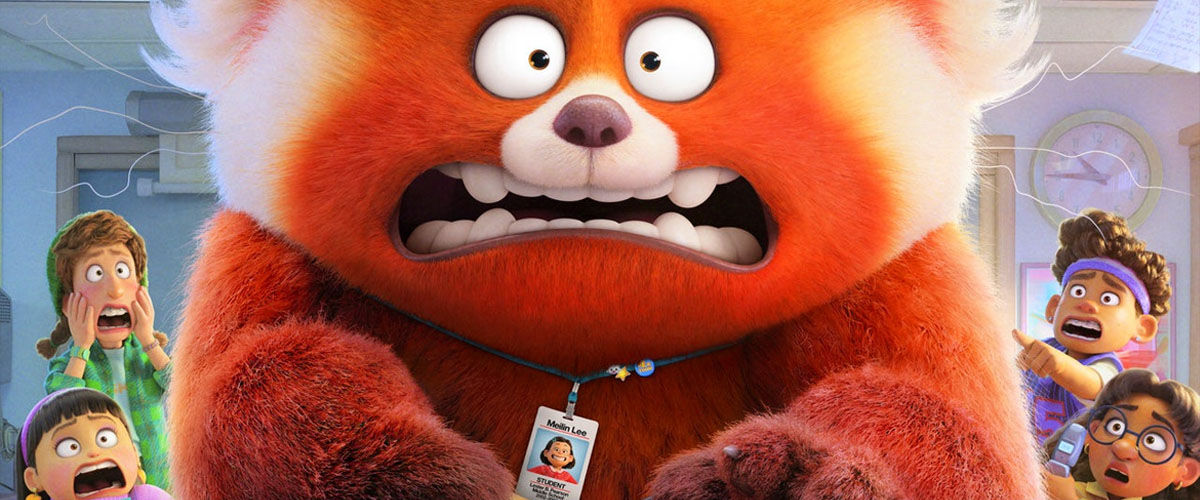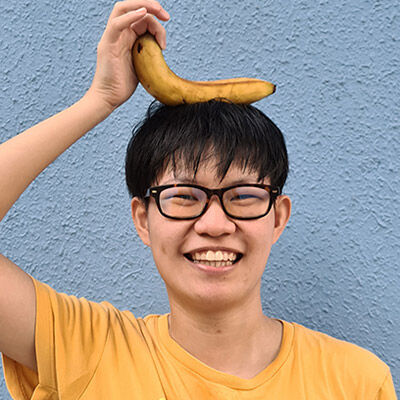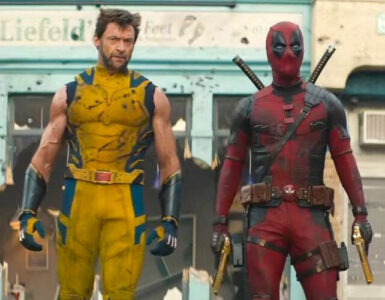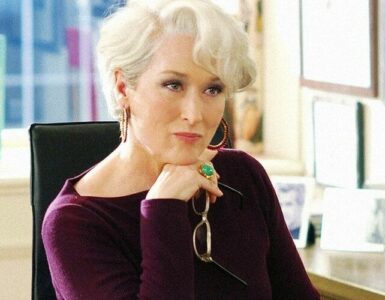This interview has been edited for clarity.
In 2018, audiences were greeted with an adorable sight of a steamed bun brought to life. A grinning little charmer, or bao, that exudes joyful and childlike innocence, the white pastry looked set to enjoy the simple pleasures of leading a human experience – until it got eaten, that is.
And not just by anyone, either.
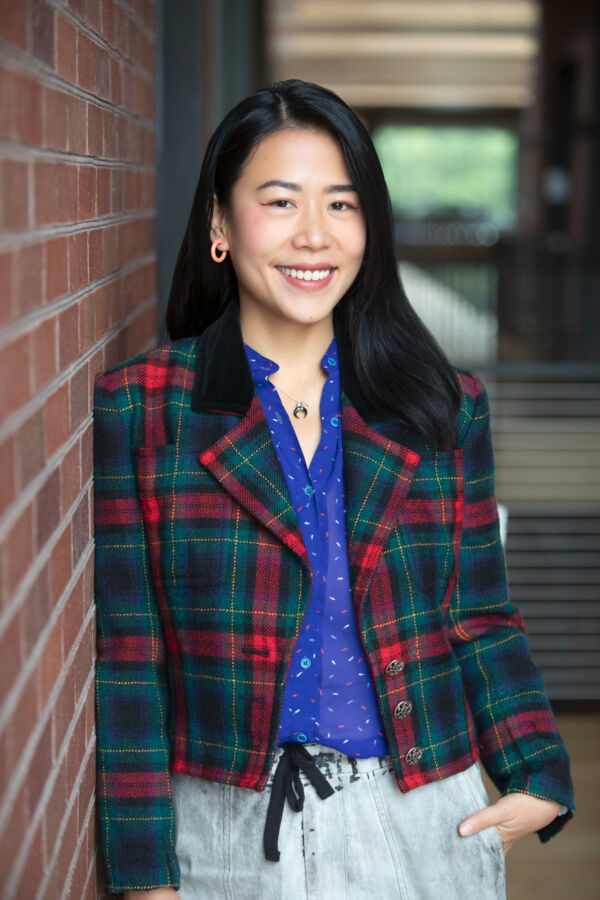
In a surprising, masterfully-crafted twist, the bao ends up being eaten by the Chinese Canadian woman who fed and cared for it. Read into the short film what you will of the relationship between an Asian parent and her child, but the lighthearted (or is that hearty?) Bao, marked a turning point for animation artist Domee Shi, as she became the first female director to helm a Pixar short film, and drove home a powerful message about primal love – particularly the brand of familial upbringing that’s rooted in Asian culture.
The sudden swerve to a darker tone was what made the story work so effectively, but it almost didn’t make the cut. As it turns out, the eight-minute short actually ended very differently, as Shi changed up her original ending to fit a comment from a panel member during an internal pitching session at Pixar.
While in town for Singapore Film Society’s Animation Nation festival, the 33-year-old shared during a roundtable interview that the edited script involved a happy ending in response to feedback that the execution was “too weird” and “just too dark” for the studio. The changed ending saw the steam bun run away, prompting the woman to cry into the night and make more buns, which would then come to life in the morning when she wakes up.
However, her mentor and executive producer Pete Docter, encouraged her to stick with her original darker version, which was what ended up in Bao.
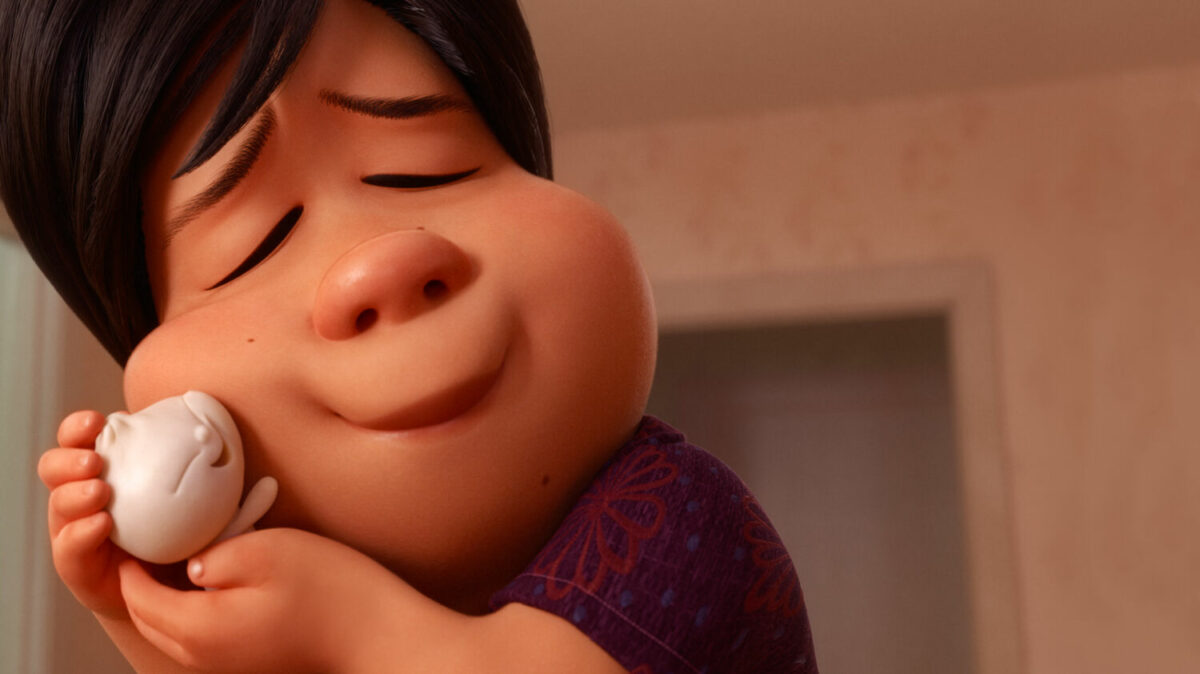
“I think the whole experience just taught me to just embrace my weirdness and the initial vision for any idea that I had, and to not second guess myself,” Shi explained. “The process and the plot details will always change, but you should never let go of that initial spark that gets you excited about an idea or a story.”
It’s a guiding pillar that has served her well, leading her to not only become the first woman to direct a short film at Pixar, but also the first woman with a sole director’s credit on a feature film for the studio. The second honour came with Turning Red, which was released as a Disney+ exclusive in March earlier this year. Like Bao, the feature-length movie about Asian teen Mei discovering her transformation into a furry red bear, found its quirky charm in Shi’s own encounters that were translated into the character’s on-screen experiences.
“This was Pixar’s first movie that was led by an all-female leadership, and I think we all look to our own experiences in our lives,” shared the Sheridan College alumnus on the film, which most audiences read as a metaphor for puberty for young girls.
“We didn’t want to shy away from that, because it was embarrassing and awkward and confusing. We wanted to shine a light on that and normalise just how everyone went through it.”
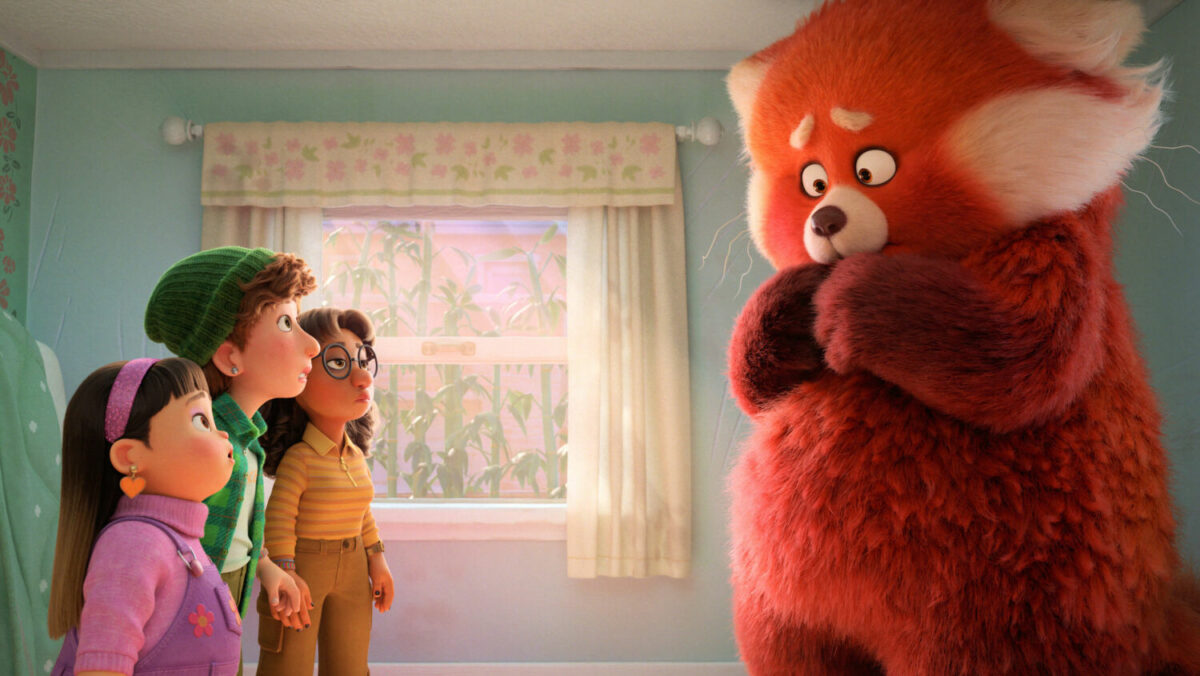
Part of the magic lies in the use of humour. Fuelled by the desire to tell the “most hilarious, embarrassing, surprising and unique kind of story ever,” the team tapped into a growing pain familiar to all teenage girls – puberty and menstruation – and presented it with a lighthearted, almost blasé flourish.
“One part of it was like, yeah, wouldn’t it be so funny and embarrassing if her mom just came out with a bunch of pads? It was a funny gag, and we didn’t think too much of it because it just seems so normal and half the world goes through it. It didn’t feel like it’d be a big deal,” Shi explained.
The willingness to tread on unconventional elements forms the other half of the equation. Bao and Turning Red may differ in presentation, but both carry the flavor of relatability, which has been repackaged for a global audience to convey an understanding that transcends different cultures.
“From the beginning, I felt like the story was universal, even though it was from a very personal place. Everyone has gone through this – everyone has woken up and not recognise their body, with their hormones and emotions going crazy,” expressed Shi.
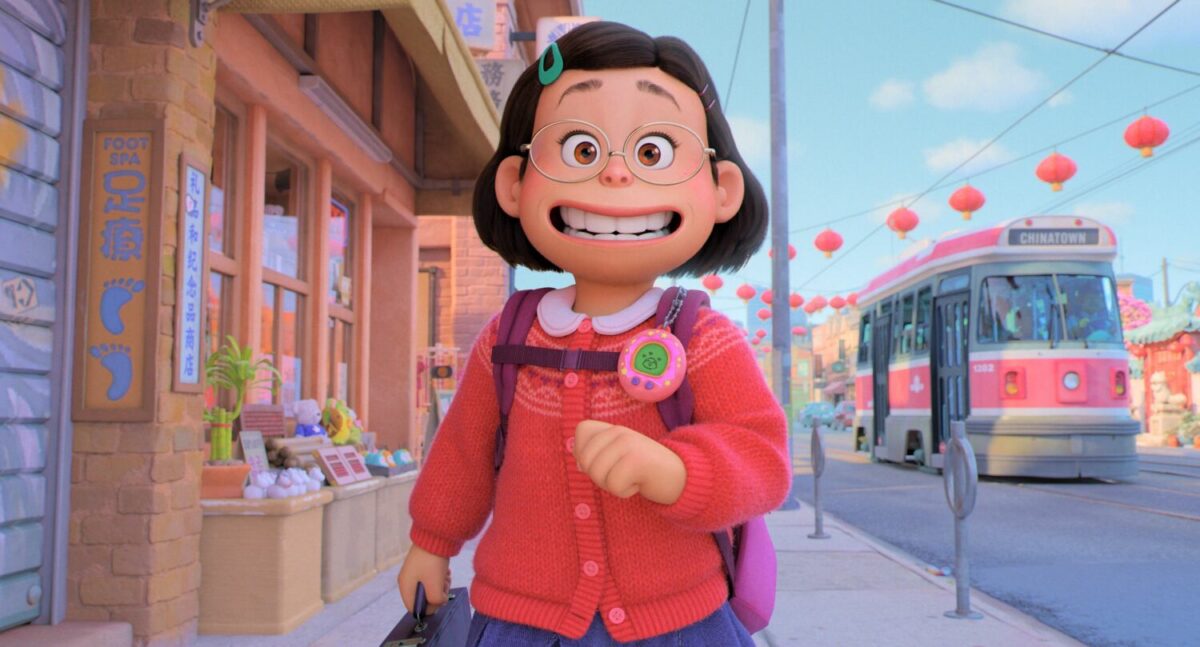
“Everyone’s had crazy fights with their parents. Everyone’s had obsessions with something – it could be sports, it could be manga or books, anything. They’ve all had those emotions, so I think it was just about really leaning into those emotions that Mei was feeling and that’s how we were able to make the story feel universal to everybody.”
Indeed, Mei’s experiences aren’t specific to her Asian descent. While elements such as the talisman, red panda, and family temple clearly references her Chinese heritage, her encounters with teenage crushes, a boyband phase, and family conflict are stuff of old, familiar tales. To Shi, who was born in China but grew up in Canada, it’s this kind of shared connection that lends significance to a character and their story.
“Universal stories don’t have to come from characters that look exactly like you. I grew up on so many movies and TV shows and connected with characters and fell in love with them that look nothing like me. And I think right now what we’re seeing is just this redefinition of what universal stories can look like.”
The topic has become especially relevant in recent times, with more animated works like Coco and Disney’s Raya and the Last Dragon embracing different cultures and backgrounds. The rise in demand and popularity for such content suggests that there’s still much untapped potential in the industry, and it’s something that the animator-turned-director will be more than keen to explore.
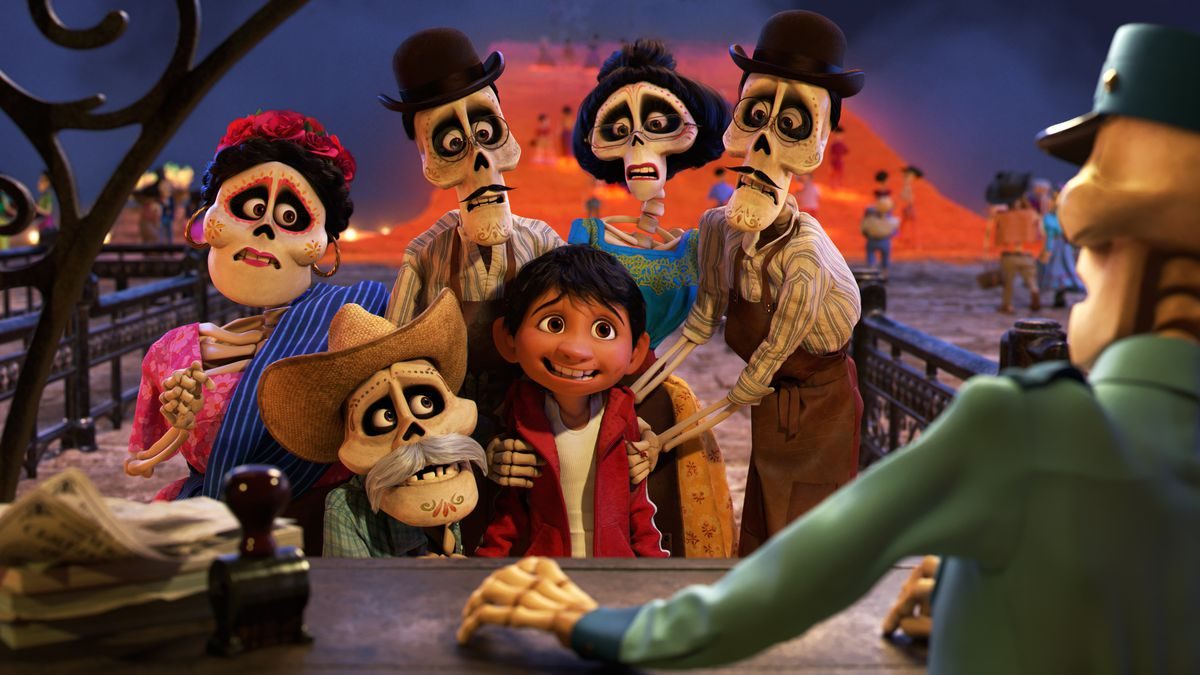
“I’m still not done with animation. I feel like there’s so much potential to explore the stylisation of animation – especially in the West – in the themes that animation can tackle,” she enthused. “I love the power of animation and the control that I have as a director. To be able to control a character’s eye blink, and control the amount of frames and the speed of it, or like a slight furrow of the eyebrows – I love getting into like the nitty gritty detail of that stuff.”
It should come as no surprise that Shi is currently fronting yet another project for Pixar, but details are being kept under wraps for now. Considering how she has worked on both a short and feature-length project, it’s only natural to wonder if there are plans to develop a series, and her answer to completing the Trinity of animation is no.
“Maybe I was interested in it, but there’s something about the feature film format that I really liked, [which is] that you have 90 minutes to tell a complete story. I like that limitation for myself, whereas I feel like a series can go on for a while. There are some amazing series that I love, but I just love the challenge of being able to fit everything into 90 minutes. I kind of like putting myself in this box so that I can be chaotic in it,” she laughed.
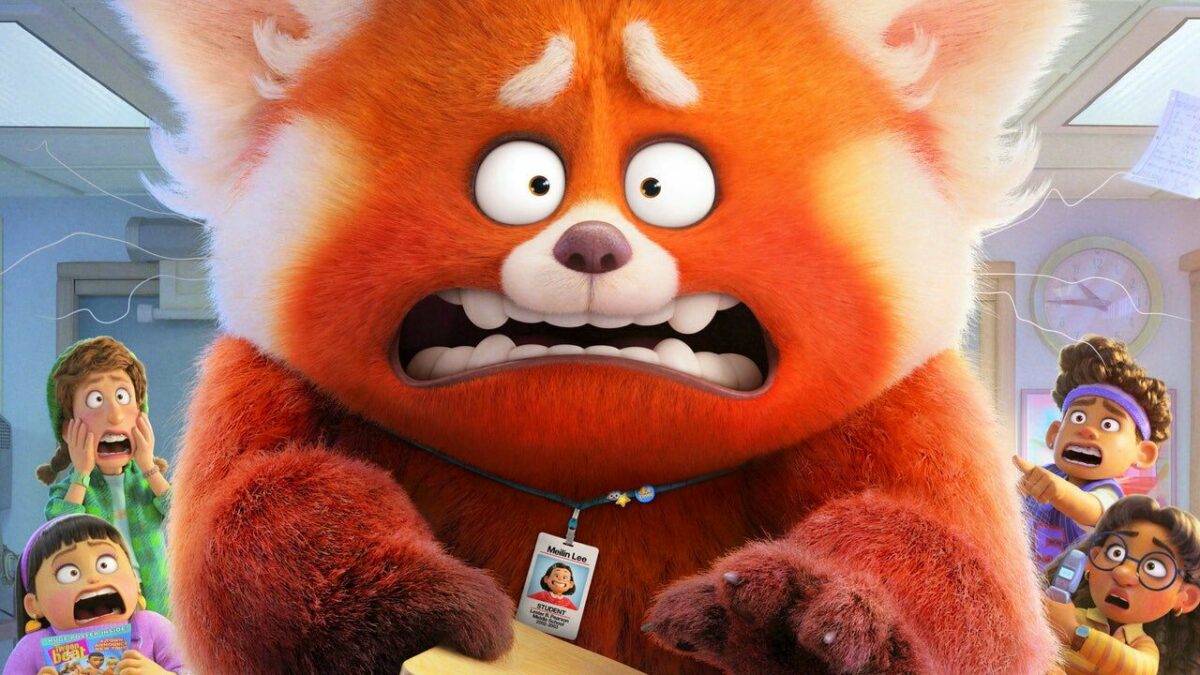
If anything, there’s always the surprise factor to look forward to. Thinking back on her pitching session with Bao, Shi quipped, “I think that’s my signature now – everything I make, it’s gonna be a little bit shocking.”

